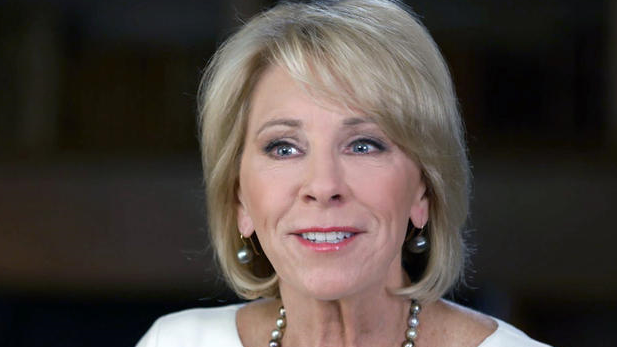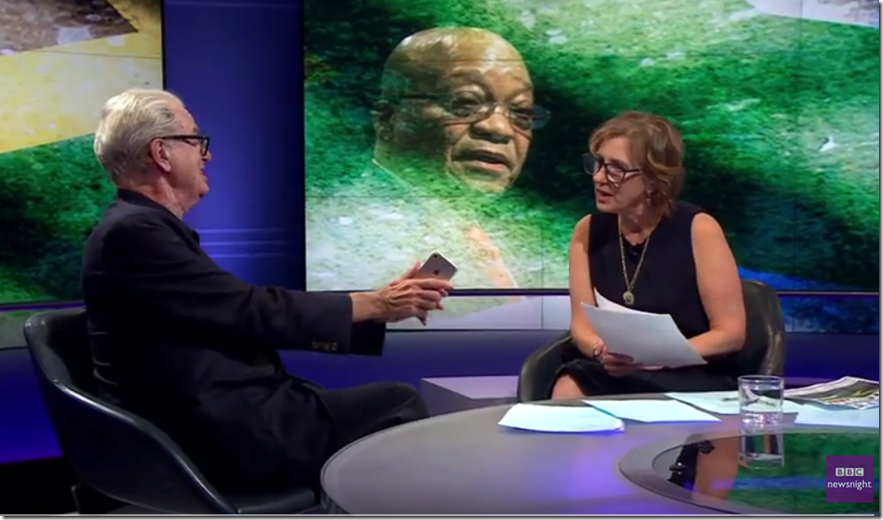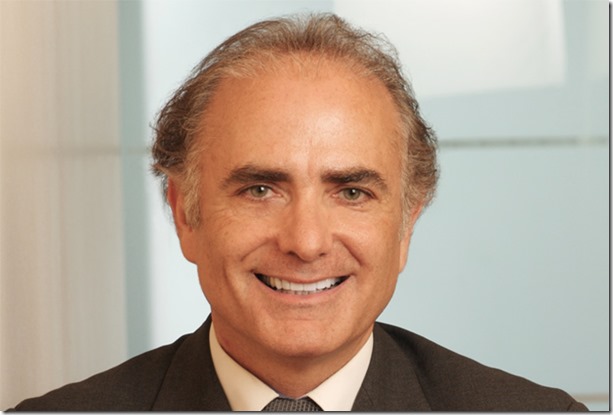Three Recent Must-See Media Disasters
Readers regularly send in clips of media disasters. (Thank you!)
Some of them aren’t big enough to become stand-alone stories – but collectively, they make for one heck of a fun blog post. So here are three lesser-noticed recent must-see media disasters.
1. New Jersey Governor Chris Christie Yells At Constituent
Late last week, Gov. Christie appeared on a local PBS station. A constituent wanted to know:
“You don’t send your children to public schools – you send them to private schools. So I was wondering why you think it’s fair to be cutting school funding to public schools.”
Sounds like a fair question. But Mr. Christie didn’t agree:
First, the woman didn’t ask where Christie’s children go to school. The heart of her question was about conflict of interest, and it was a predictable question.
By saying “none of your business” after pointedly addressing her by name, he made his angry response the story – which is a shame, since his third point would have served as a perfect answer (”I, as Governor, am responsible for every child in this state.”).
2. Stop. Just Stop.
When the Australian Broadcasting Corporation sent a reporter to a town called Woodside to ask residents how they felt about a local detention center, they got an unexpected bit of aggressive message control.
Fast forward to 3:08, where the unusual fireworks begin.
The media spokesperson saying “stop” accomplished the opposite of what she intended, bringing more attention to the issue by reacting so dramatically. If you give reporters dramatic film, they’re going to use it. And as a result, readers across the world will now see her poor attempt at message control.
(Thanks to reader @Hootville for sending this clip – a good person to follow!)
3. Henry Kissinger Threatens to End an Interview
According to an article in The Wall Street Journal, former U.S. Secretary of State threatened to end an interview – with almost no provocation:
“’What I am reflecting about now is not that I don’t think I know an answer to your question,’” says a pensive Henry Kissinger, sitting in his spacious Park Avenue corner office adorned with signed photos of former presidents and foreign leaders. ‘It’s that I don’t know whether I choose to talk about it at this moment and in this forum. . . . And I don’t mind dropping the interview and I don’t mind you saying that I refused to go any further and pay the price for it.’
“What sort of hard-hitting question should elicit such evasiveness from the former secretary of state?… ‘What are the historic sources of Chinese vulnerability, and what are the current ones?’”
Like the other two spokespersons, his strange reaction only increases the audience’s suspicion about what triggered his disproportionate reaction.
As I’ve said on this blog many times, hostile responses usually end up shining a light on the areas you least want attention focused on – so take a breath and deny the reporter the easy footage by delivering a calm, uneventful reply.
Did you know that Michael Jackson sang about Tweeting 40 years ago? If you like tweets as much as he did, please follow our feed at @MrMediaTraining or www.Twitter.com/MrMediaTraining.



Brad,
How true! You have to wonder why so many people these days agree to interviews and simply shoot themselves in the foot. Instead of keeping to their message or goal, they give reporters an even better story that either has nothing to do with their communication goals, or they damage their message with their interview reactions.
The Aussie clip is an over-the-top example, but I don’t know how many times I’ve seen interviews go south like that when someone unwittingly sidetracks an interview/story like this. You can sort of appreciate that she was trying to get the respondent back on topic, but did it in such a poor manner that now her actions become the story instead of the message. Obviously they all need to go back to the media prep room and get their stories straight.
As for the Kissinger quote, I’m not sure if I’m suspicious or just completely confused. You’d think someone with his experience with the media could come up with something better.
Another great post!
John
“And I don’t mind dropping the interview and I don’t mind you saying that I refused to go any further and pay the price for it.’”
Context is a great thing, and it is difficult to determine that here so we may need to be careful. The reason I say this is that there are two ways of reading Kissenger’s response: that he is threating, suggesting the interviewer might “pay the price for it”; or, just accepting that he may “pay the price for it” himself but that he’s considering it may be worth it in order not to get into a discussion he thinks is unwise at the time.
His mistake may be volcalising his thought process, more than bullying.
I’m not a Kissenger defender, but i’m just saying…